Careers in the health professions are as exciting as they are varied, and we want to help you get there. The BHSc degree has been designed and built by educational experts for students who hope to become health professionals.
It's an ideal degree for students whose passion for science is matched only by their desire to learn about it in new and progressive ways. This multidisciplinary program has been developed by the Faculty of Health Sciences at Queen’s University. Long-recognized as a national leader in health education, our Faculty offers outstanding programs in Medicine, Nursing, Rehabilitation Therapy, and graduate studies in addition to ground-breaking research and clinical trials.
Available both on-campus and online, our program is distinctive in that it is designed to align closely with the competency framework used by medical schools and other health profession programs. By doing so, students in the program will not only learn the course content, but will learn how to apply and extend their knowledge by becoming effective advocates, collaborators, communicators, leaders, scholars, professionals, and content experts. We hope to welcome you as the newest members of our community.
Do you see yourself as a doctor or a dentist one day? Perhaps a pharmacist or a veterinarian?
Careers in the health professions are as exciting as they are varied, and we want to help you get there. The BHSc degree has been designed and built by educational experts for students who hope to become health professionals.
It's an ideal degree for students whose passion for science is matched only by their desire to learn about it in new and progressive ways. This multidisciplinary program has been developed by the Faculty of Health Sciences at Queen’s University. Long-recognized as a national leader in health education, our Faculty offers outstanding programs in Medicine, Nursing, Rehabilitation Therapy, and graduate studies in addition to ground-breaking research and clinical trials.
Available both on-campus and online, our program is distinctive in that it is designed to align closely with the competency framework used by medical schools and other health profession programs. By doing so, students in the program will not only learn the course content, but will learn how to apply and extend their knowledge by becoming effective advocates, collaborators, communicators, leaders, scholars, professionals, and content experts. We hope to welcome you as the newest members of our community.
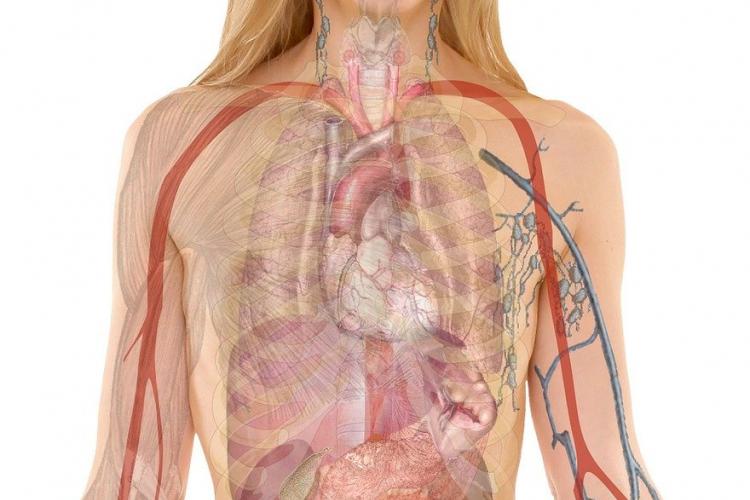
ANAT 380, Clinically Relevant Human Anatomy is a course on regional anatomy of the human body focusing on active and collaborative learning. Through a series of learning modules that will include readings, group learning activities,…
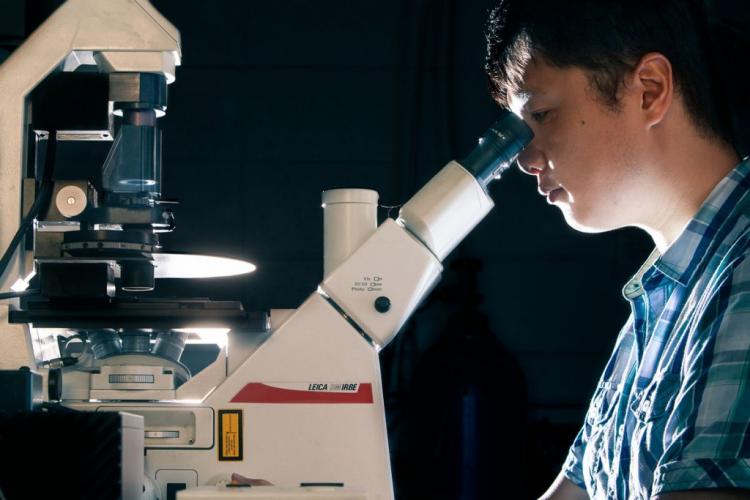
CANC 380, Evolutionary Biology of Cancer is a third-year online course designed to introduce students from various biological sciences and allied health backgrounds to cancer as an evolutionary problem. The course focuses on the effect…

GLPH 385, Biohacking and Gerontechnology, examines technologies that are in use/evolving in the aging support and anti-aging arsenal, including gerontechnology and anti-aging technologies. Gerontechnology is the intersection between gerontology…
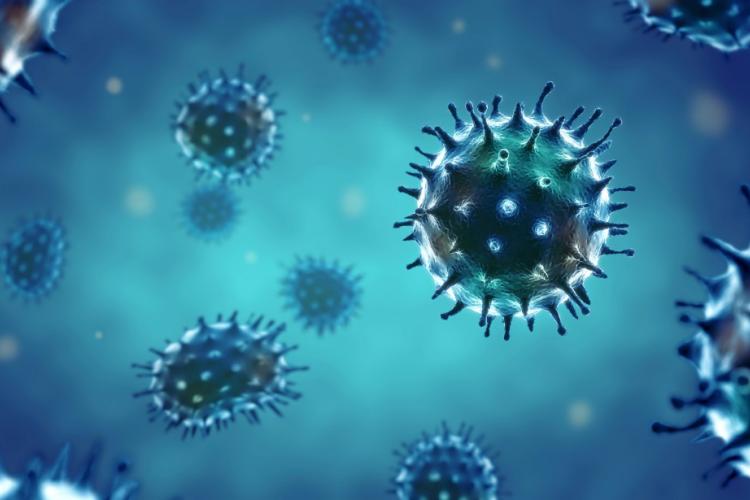
MICR 483, Advanced Topics in Infectious Disease, will examine basic principles of infectious diseases, including the epidemiology, pathophysiology, transmission, and control of infectious agents, with an emphasis on antimicrobial therapy and…

PHAR 370, Fundamentals of Pharmacology and Therapeutics, is an interdisciplinary course that introduces the basic principles and clinical applications of pharmacology. This 12-week course covers six themes or topics. Students…

By travelling to Bader College in England for year one of the Health Sciences program, you will still experience the same innovative BHSc curriculum that is built with a competency-framework common to health professional programs, including medicine. In addition, the BHSc core courses at Bader College are delivered with the same novel, blended-learning style that the Queen’s BHSc program uses at the Kingston campus, but in an even smaller class size that facilitates collaboration with your entire peer group, not to mention your instructors. Studying at Bader College also provides you with unique experiential learning opportunities, such as visiting a historic operating theatre in London and the Pasteur Institute in Paris.
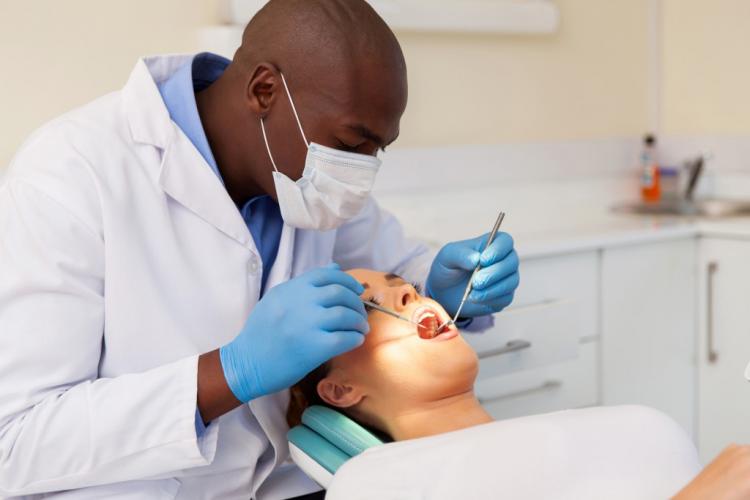
When we think of “dentistry”, we automatically think of teeth, but there is so much more to this branch of medicine. This may be an excellent career path if you are interested in the diagnosis, prevention, and treatment of conditions associated with the mouth and surrounding…
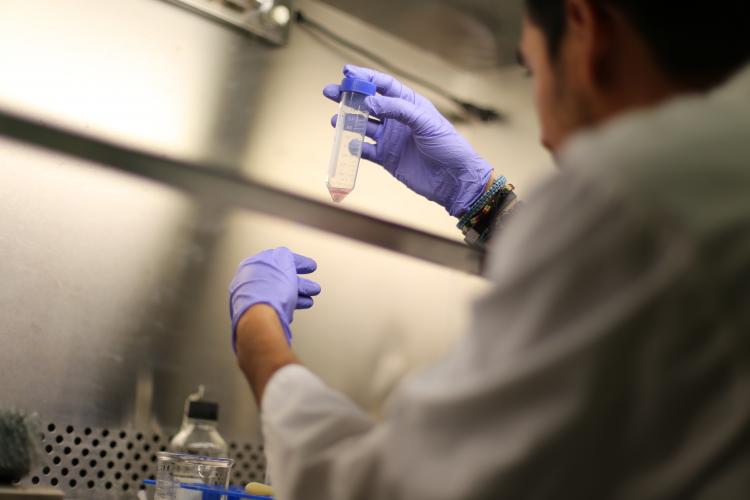
If being at the forefront of discovering scientific information that may translate into improvements in health and healthcare interests you, graduate research and the research opportunities available to you after graduation may be appealing. Graduate degrees can vary in length…
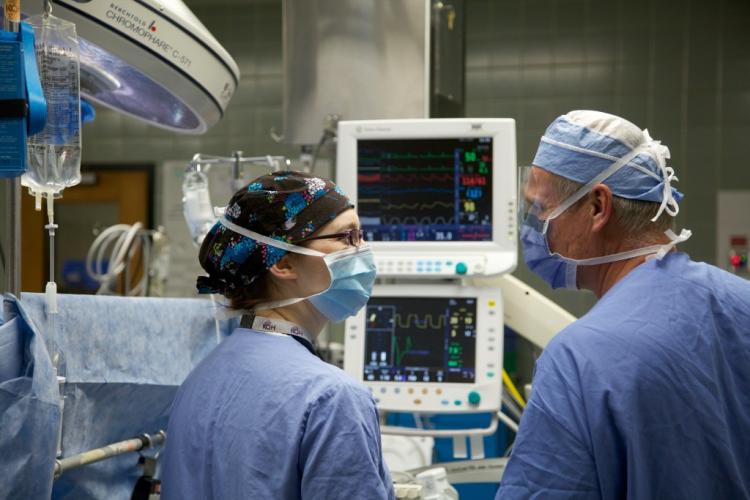
The field of medicine is a vast one and encompasses many practices in the prevention, management, and treatment of illnesses. The BHSc program will provide you with differing perspectives across the spectrum of health sciences concentrations, preparing you for admission to medical…
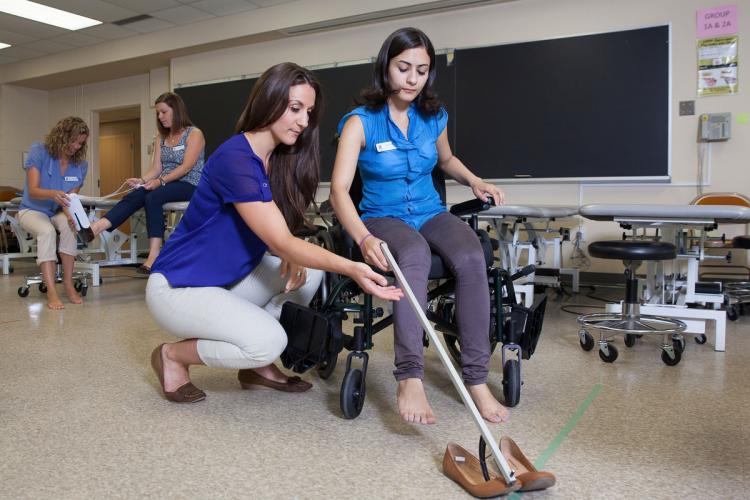
If you are interested in solving problems that interfere with a person’s ability to carry out everyday activities, then occupational therapy might be the career for you. Occupational therapists work in a variety of health care settings often as a member of a multidisciplinary team.…
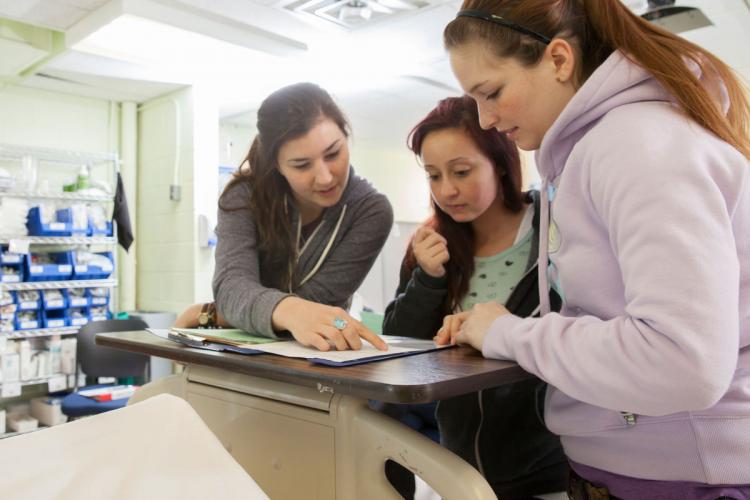
Graduating from a pharmacy program provides a clear path to becoming a pharmacist in large or independent pharmacies, but could also put you in the position to explore job opportunities in academia, regulation, or the pharmaceutical industry. Pharmacy schools tend to be heavy on…
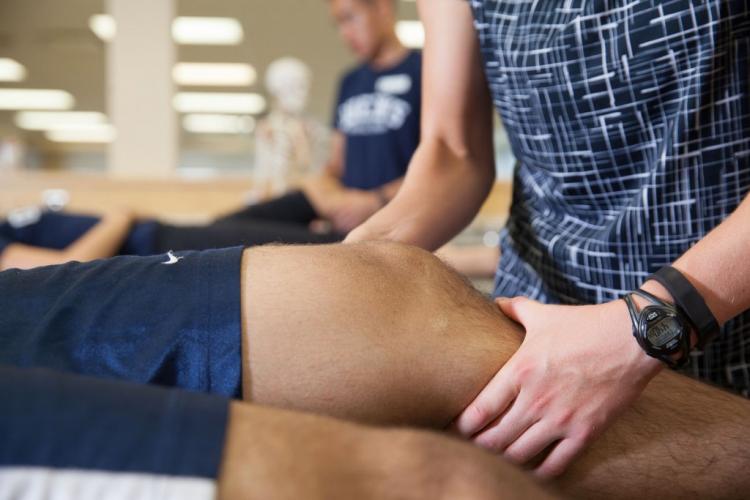
Physical therapists (physiotherapists) improve a patient’s quality of life and address movement and function that affects patients’ daily lives. While physiotherapists commonly have a clinical practice, the field also includes opportunities in research, education,…
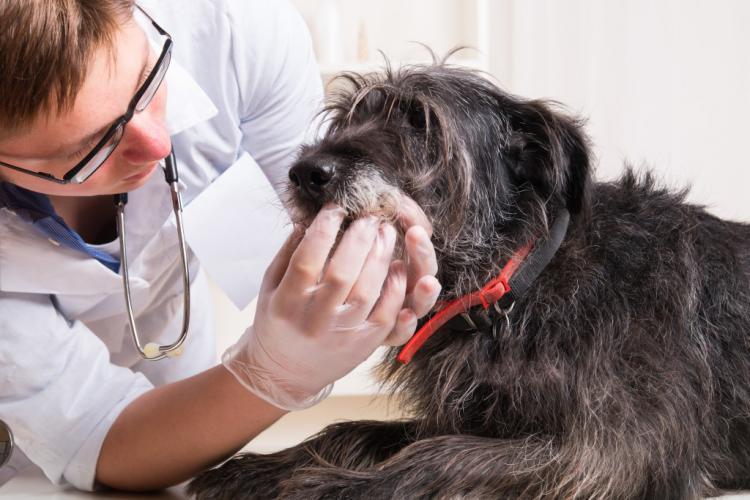
Graduates of veterinary medicine are interested in diagnosing and treating injury with animals. The scope is wide covering all animals from domestic (small and large) to wild. It is essential to gain experience in a veterinary clinic setting and experience with animals, so look into…
Queen’s BHSc is a direct-entry program, requiring an 80% in ENG4U (or French equivalent), 4U biology, 4U chemistry, any 4U math, plus 2 additional 4U or 4M courses. A minimum cumulative average of 75% (including prerequisite courses) is required for admission consideration. However, acceptance into the on-campus program will be competitive. It is anticipated that the admission average will be over 90% for the on-campus BHSc. Note: the Supplementary Application is required for admission to the on-campus Bachelor of Health Sciences program.
If you’d like to take a little more time to decide if the program is right for you and perhaps don’t meet the minimum admission requirements, then consider applying for admission to take individual courses from the program as an online student. Successful candidates are admitted as “Non-Degree Interest Students,” and you can take a limited number of individual courses without working towards completing the full BHSc degree. You would also have the option of subsequently progressing into the online degree program, if you wish, based on your performance in specific completed interest courses
If you have recently completed or will soon be completing high school and have the high school prerequisites, apply to the BHSc degree program as a First Year Applicant.
College students or recent graduates can apply to direct-entry into the BHSc program as a First Year Applicant if you have the high school prerequisites, but there is an alternate route into the online program if you don’t.
Looking for a change in what you are studying? The online BHSc program accepts upper year transfer students or second degree students.
If you have been out of school for some time and are looking to get into the Health Sciences, depending on your highest level of education, there are different ways that you may be eligible for the online BHSc degree.
You may be interested in taking an online course or two that we offer to see if the health sciences are for you. You can apply as a non-degree interest student and take up to two courses per term.
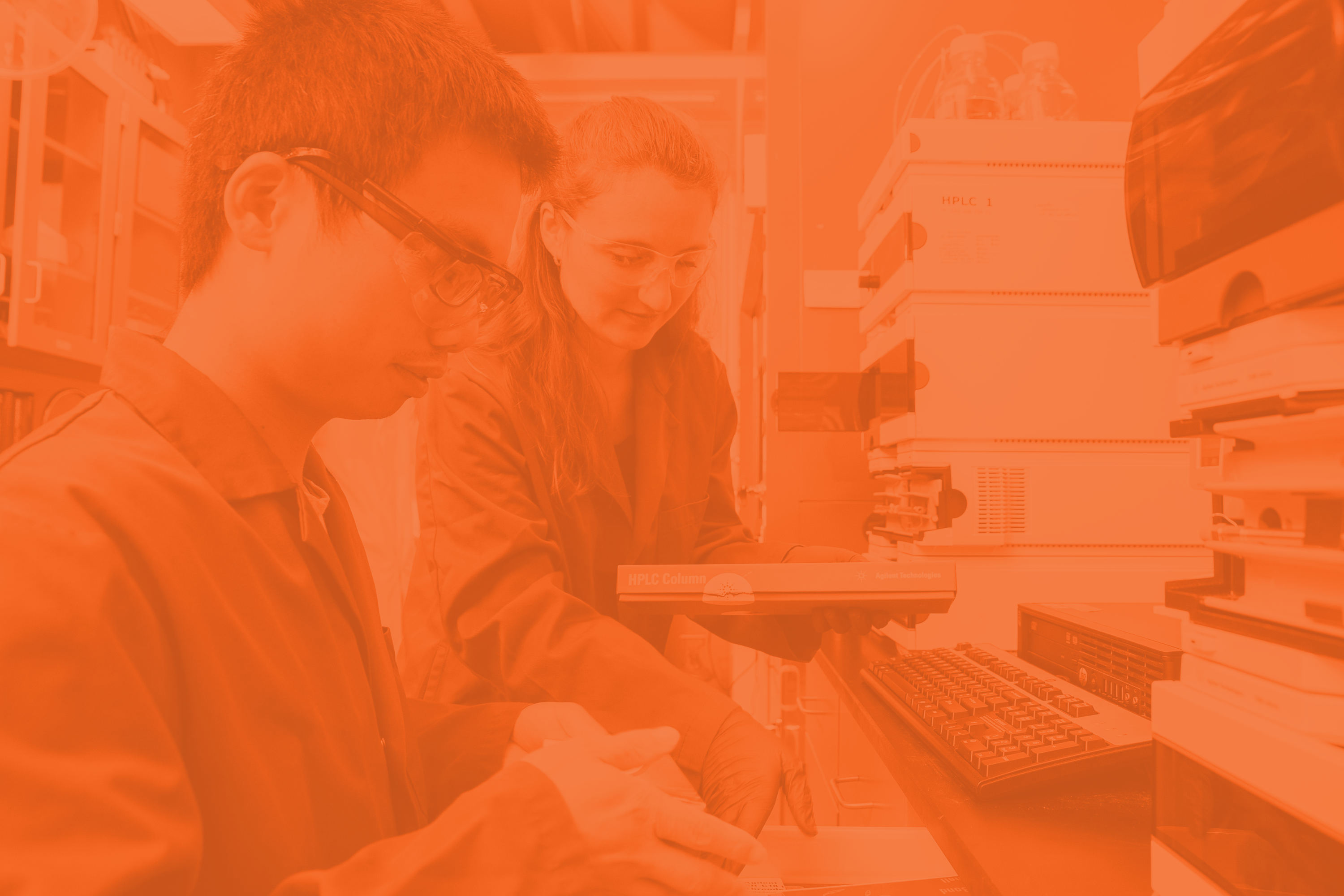
Unsure of which category to select? Click here to get in touch with one of our advisors.
Get the courses you need
Take PHGY 170, ANAT 100, PHAR 100, HSCI 190, GLPH 171, and IDIS 173. Also take 6.0 units of optional courses and 6.0 units of electives (which can include optional courses).
Get relevant experience
If in Kingston, see the AMS Clubs Directory or the Queens' Get Involved page for ideas to get involved.
Other ways to become involved include volunteering for after-school children's programs, volunteering in retirement residences, aiding the integration of recent immigrants to Canada, or volunteering at veterinary clinics or a local animal shelter.
Get connected with the community
Volunteer with various community organizations, such as local charities, local organizations that cater to a specific at-risk population, hospitals, public health units, or larger, national or global organizations such as Canadian Blood Services, the Canadian Red Cross, Medicins San Frontieres, Right to Play, or Me to We.
Get thinking globally
Think about international affairs and global health issues and how you would like to incorporate these areas into your degree.
Bilingualism opens up many job opportunities in Canada. Consider increasing your proficiency in French through Queen's courses or language clubs, city-run programs, or through apps such as Duolingo, Rosetta Stone, or Babble.
Get ready for life after graduation
Explore the BHSc program website to see how it can act as a stepping stone to a new healthcare career.
Need career advice? You can book a phone or Skype appointment with a career counsellor through MyCareer or call the Career Services reception at 613.533.2992.
Get the courses you need
Take PHGY 215/216, HSCI 270, GLPH 271, BCHM 270, and one of MICR 270 or 271. Also take an additional 6.0 units of optional courses and 6.0 units of electives (which can include optional courses).
If you are planning to complete one or more learning tracks, make sure that you are enrolled in the courses required to complete it. Review the courses available for each one and register for them accordingly.
Get relevant experience
Look into attending, in person or by webcast, high profile Queen’s conferences such as the Canadian Undergraduate Conference on Healthcare, TEDxQueensU, or Queen’s Healthcare and Business Conference. Begin to engage with a community organization to ready yourself for GLPH 471 and/or GLPH 493. If thinking of applying to a professional program, consult with a BHSc Academic Advisors.
Get connected with the community
Develop greater connections with the organizations that you volunteer for, taking on responsibilities or special projects that help the organization in a tangible manner. Get involved with the BHSc community by running for a position with the Health Science Society, becoming a COAT, or volunteering as a Q-Success mentor to first-year students.
Get thinking globally
If you’re looking to internationalize your degree or to leverage your existing cross-cultural experience, start brainstorming about what kind of experience you would like to have.
Consider going on exchange to one of the BHSc partner institutions, or volunteer/work abroad.
Get ready for life after graduation
Grappling with program decisions? Talk to one of the BHSc Academic Advisors by emailing bhscadvisor@queensu.ca
Look for opportunities to get hands-on experience in your field by becoming an intern at dental or veterinary clinics, in hospitals, or by looking for summer work opportunities in government/ private laboratories.
Get the courses you need
Take BCHM 370, REPD 372, IDIS 373, PATH 310, and PHAR 370. Also take an additional 9.0 units of optional courses and 6.0 units of electives (which can include optional courses).
If you’re planning to graduate after third year, switch into the General degree. Be aware that 4th year courses can be elective courses. If you are completing a learning track and are graduating with a general degree, make sure that you have completed the required courses for that track and officially declare the track(s).
Apply to graduate on SOLUS.
Get relevant experience
Begin to engage with a community organization to ready yourself for GLPH 471. If you are looking for hands-on lab experience, talk to an academic advisor about how to secure a supervisor for the HSCI 591/592/593/594/595 or HSCI 598/599 research courses. For a shorter lab experience consider the intensive, 2 week BMED 390.
Consider applying to do a 12-16 month QUIP internship between your third and fourth year.
Get connected with the community
Conduct targeted networking with those working in your careers of interest. Connect with Queen's professors in person, through video chat, or via email to learn about the career possibilities in a specific field.
Get thinking globally
If you are interested, apply as an upper year student to study at the Bader International Study Centre in the UK.
Build your intercultural competencies by getting involved with other cultures or by practicing or improving your language skills.
Get ready for life after graduation
Start focusing on areas of interest and research which educational requirements are needed; the program website can help you start. If needed, prepare to take any required tests (like the MCAT or Dental Aptitude Test) and research possible scholarships/bursary opportunities in your desired field.
Connect with Queen's alumni on LinkedIn.
Consider applying to do a 12-16 month QUIP internship between your third and fourth year.
Get the courses you need
Take GLPH 471 and REPD 473. Also take an additional 18.0 units of optional courses and 6.0 units of electives (which can include option courses).
If you are completing a learning track(s), officially declare it with the Program Office and make sure that required courses to complete your track(s) are taken.
Apply to graduate on SOLUS.
Get relevant experience
Investigate full-time jobs or further education related to careers of interest.
Ensure your LinkedIn profile is ready to be viewed by recruiters and potential employers; use Queen’s Career Services resources to improve your page. Join groups on LinkedIn reflecting specific careers or your topics of interest in Health Sciences.
Get connected with the community
Consider joining professional associations or scientific societies in your field of interest such as the Canadian Association of Occupational Therapists, or Canadian Veterinary Medical Association. Some of these associations have their own internal field-specific job boards or resources that could be useful to you. Strengthen your ability to respond to community health needs and gain practical experience by taking GLPH 493.
Get thinking globally
Check Queen's University International Centre (QUIC) resources for idead to work/intern, or volunteer abroad.
Prepare for work or studies in a multicultural environment by taking QUIC's online Intercultural Modules.
Get ready for life after graduation
Confirm requirements for full-time jobs or professional program applications or other opportunities related to careers of interest.
Apply to jobs or future education, or make plans for other adventures. Get help from Career Services with resumes, interviews, grad school applications, or other decisions.